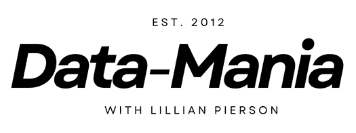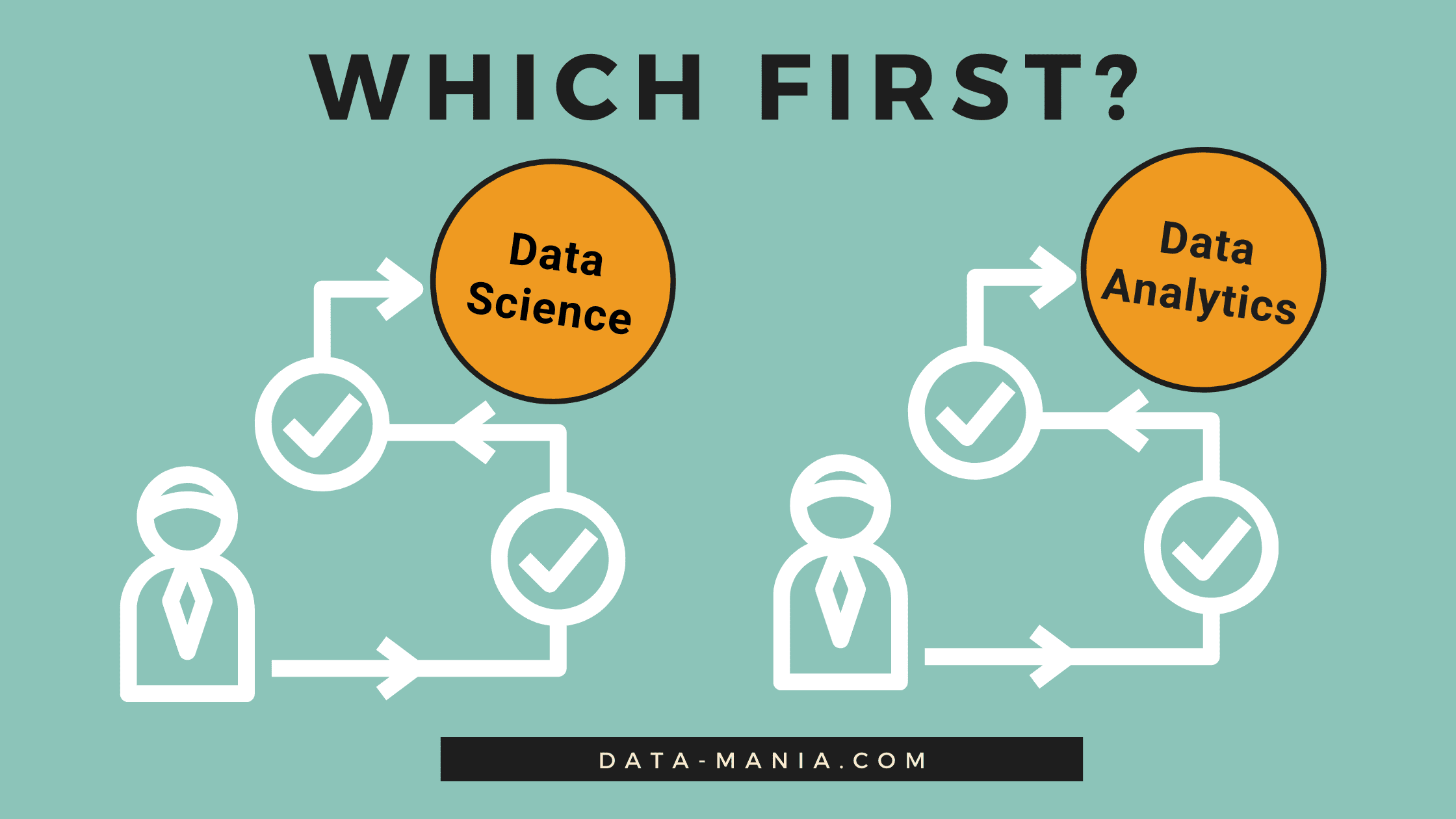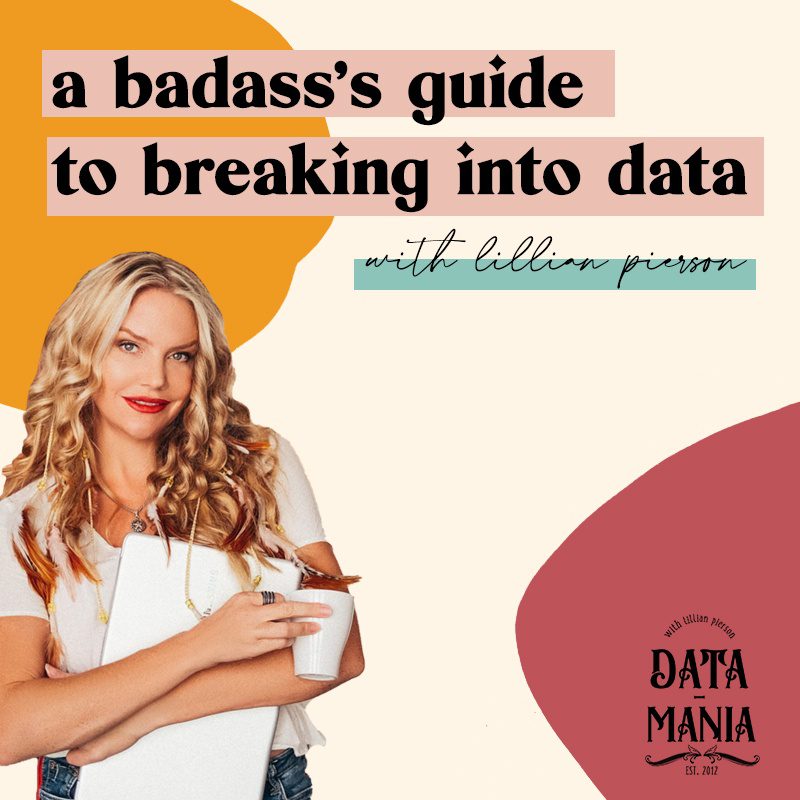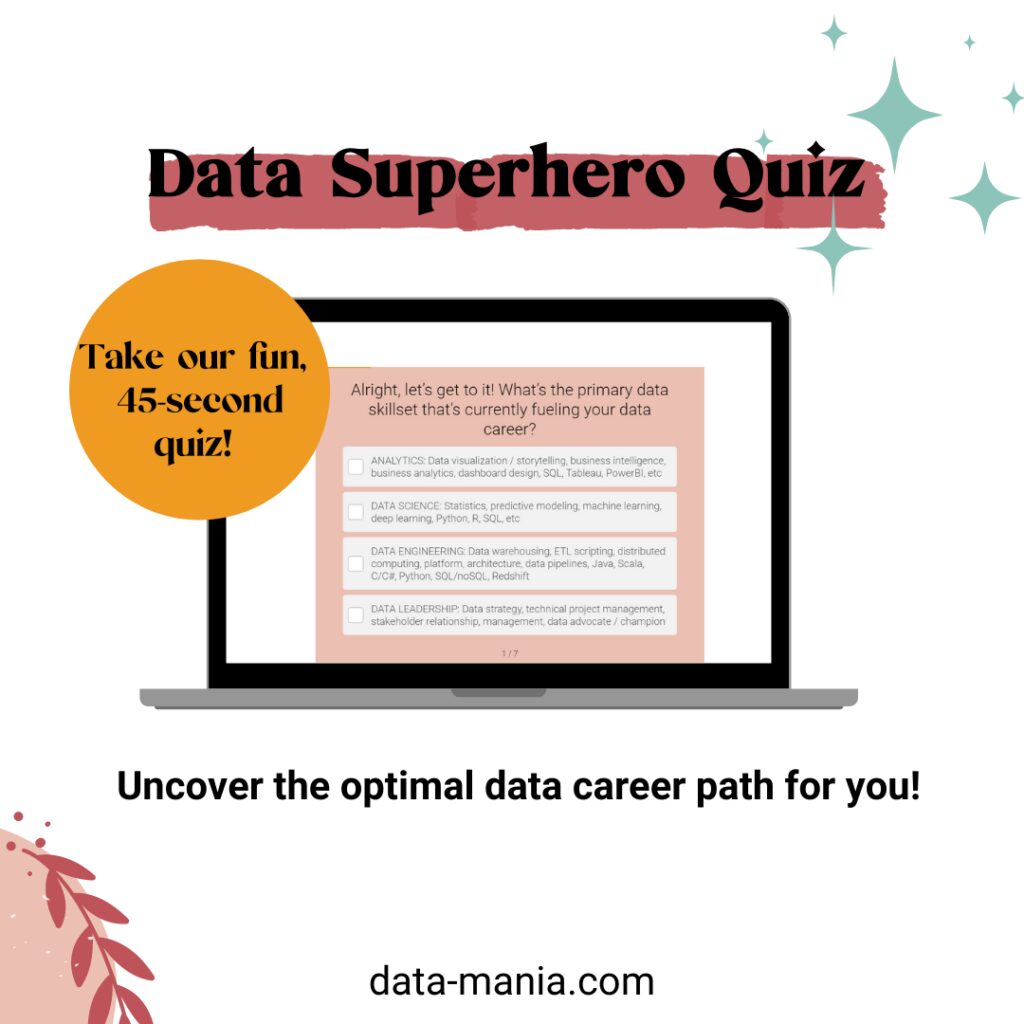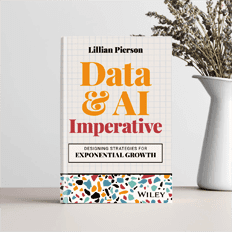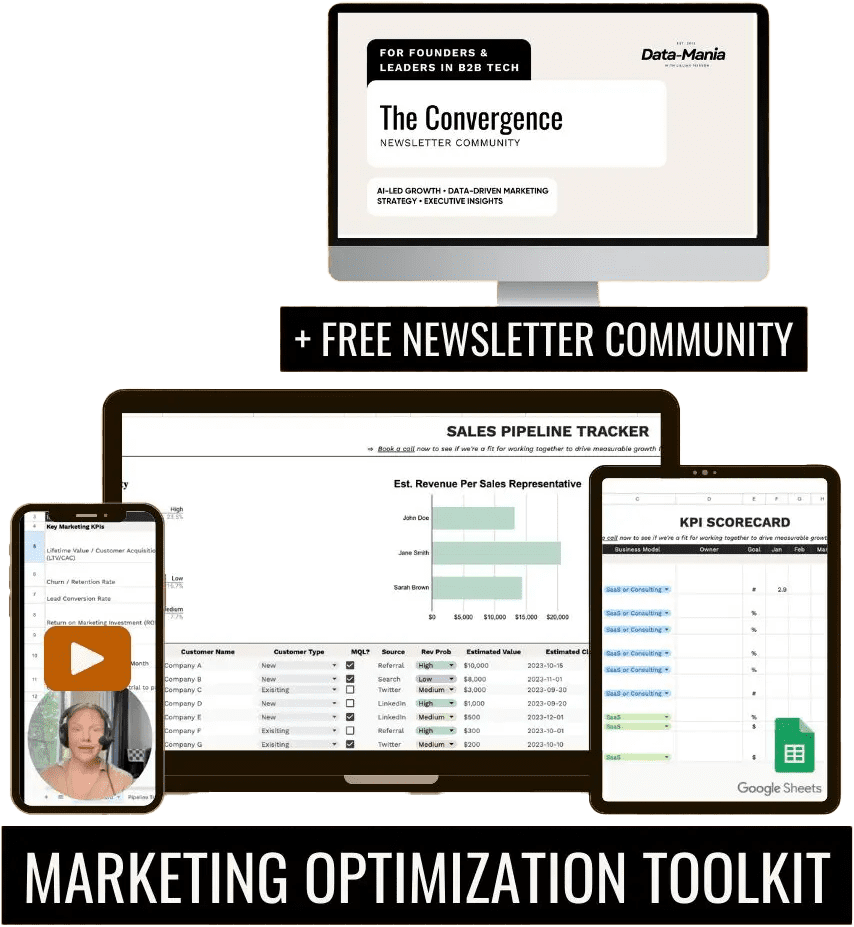On the fence between choosing to learn data science vs. data analytics? Regardless of their industries, more companies are looking to hire data professionals who can provide viable solutions to their most common business problems.
If you’re comfortable working with large sets of numbers, drawing conclusions from data or interested in using algorithms, then data analytics is certainly a field you may want to pursue.
People with particular backgrounds in mathematics or science are well suited to understand the ins and outs of data analytics. By starting with data analytics, you’re better able to take on the responsibilities of becoming a data scientist.
However, individuals with degrees in statistics, data science or computer science should find success in studying data science first.
Keep in mind that learning one over the other may not alter your career path, but it’s worth exploring their differences in order to make a well-informed decision.
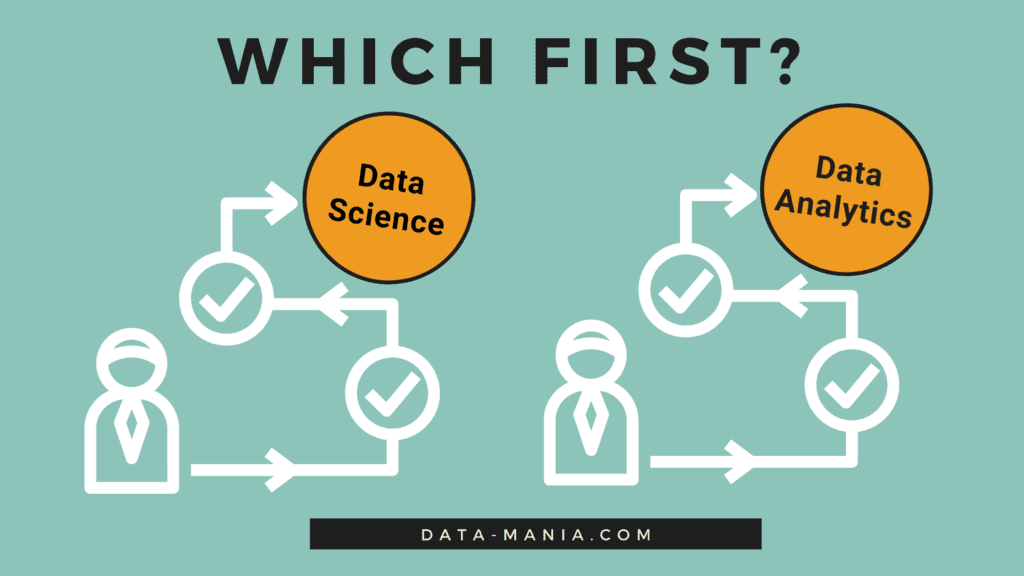
Let’s discuss the difference between data science and analytics so you can understand why analytics acts as a prerequisite for becoming a data scientist.
Starting With Data Science
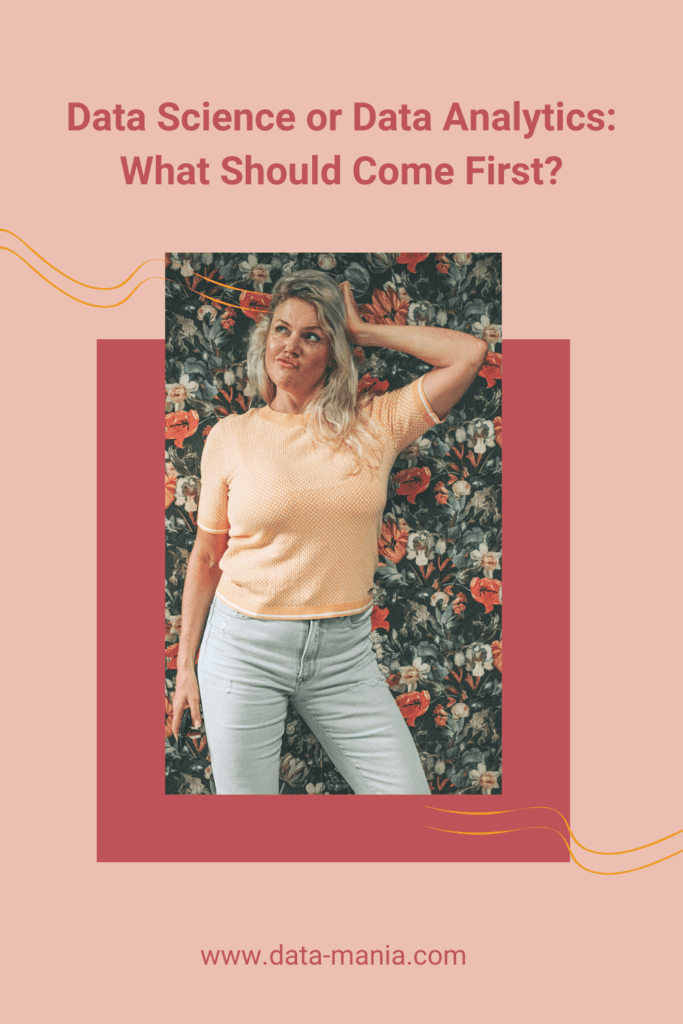 The interdisciplinary field of data science involves managing the entire process of the data science life cycle, including:
The interdisciplinary field of data science involves managing the entire process of the data science life cycle, including:
- Capturing
- Maintaining
- Processing
- Analyzing
- Communicating
Organizing and analyzing large amounts of data is crucial in this field. For those looking to find unknown answers to tough business questions, then data science should come easily to you.
If this interests you, and you have a degree from a college or university that is transferable, then it’s worth looking into data science first. That could be a bachelor’s or master’s degree in data science, physical science, statistics or computer science.
Many organizations need data scientists who can clean up and gain valuable insights regarding captured data, whether it’s a result of market research or customer experience, for example.
The Benefits of Learning Data Science
For data science savants, there are a few reasons why you may want to leave analytics for later on in your career. Generally speaking, data analytics is a component of data science — it is more focused and less about the big picture.
Data science focuses on exploration of broad data insights, rather than the answer to specific questions. Here are some benefits of learning data science first:
- Build on your basic knowledge of mathematics
- Become comfortable with programming languages
- More flexibility comes with the career, and you’ll be able to learn analytics quickly
- Earning a data science certification will give you more freedom in the future
- You’ll gain the ability to work across different data disciplines
One of the key points here is that being comfortable with large, unstructured datasets will prove beneficial for you if you’re looking to learn data science first.
Data analytics is a field best for beginners working with data, but if you already have some professional experience in the world of data science, it’s certainly worth exploring that opportunity.
Starting With Data Analytics
In simple terms, data analytics is analyzing raw data to form insightful conclusions. Many data analytics processes have been automated, and algorithms are used to assist data analysts in their daily work.
Once conclusions have been drawn from this raw data, they can be leveraged to educate business leaders when making decisions. Data-driven decision-making is a valuable asset to companies and can help them gain a competitive advantage.
One of the aims of analytics is to apply statistical analysis and tech to find trends and solve common business problems.
There are also different types of data a data analyst must be able to work with. For example, predictive data analysis deals with making educated guesses about the future using data, while descriptive data analysis focuses on describing or summarizing a data set.
The Benefits of Learning Data Analytics
Below are some of the benefits associated with taking time to learn about data analysis before jumping right into the field of data science. Understanding how to analyze data will come in handy if you’re looking for a role in data science.
The ability to analyze data is something that every data professional should be well-versed in.
Some of the benefits to learning data analytics first are:
- You gain a better understanding of exploratory data analysis.
- You can improve your ability to collaborate with stakeholders.
- You will be better able to participate in feature creation.
- You will be able to articulate insights and master visualizations.
Analysts rely mostly on processing languages like R and Python. It’s useful for any data professional to have an understanding of processing languages, though.
Using the correct type of data analysis method is crucial for those looking to break into the field of data analytics. In a way, data analysis comes as a prerequisite for data science, as the two are not truly interchangeable terms.
Data Science vs. Data Analytics
It’s no secret that data scientists and data analysts both work extensively with data, whether raw or post-cleanup. However, much of the difference between the two lies in what they end up doing with their data.
While we know that data analysts conclude from data to help solve problems, a data scientist works to design and construct new processes for modeling and production. Data scientists use prototypes, algorithms, predictive models and custom analysis when working with data.
In addition, it’s critical that data scientists and data analysts alike become comfortable with the data centers they work with. Understanding the ins and outs of data centers, as well as identifying any weaknesses in infrastructure will be useful for any business.
Another difference is that data scientists can arrange undefined data sets and even build their own automation systems. Essentially, data scientists estimate the unknown using various tools, while analysts focus on using the data they have to draw conclusions.
Because data analysis is a great stepping stone on a career path toward data science, consider enrolling in a college, university or online course to learn more about data analysis. While you may be more interested in data science, your future self will thank you for taking the time to be a more well-rounded data professional.
The Important Role of Data in Business
While data science vs. data analytics is not all that different, it may be challenging to understand which is more important in the role of business.
Thankfully, both roles are becoming increasingly necessary for businesses across all industries, so working to learn the ins and outs of each will be beneficial for you. Consider learning more about analytics first to better prepare you for the complex world of data science.
If you’re digging all this talk about data science vs. data analytics, be sure to check out this video Data Scientist vs. Data Analyst: Which is Right for You? to learn more about the roles and responsibilities of each role.
More free resources that'll help...

Get The Badass's Guide To Breaking Into Data
I was working a 9-to-5 as a data analytics developer back in 2012 when I started Data-Mania. With that transition, the seed was planted to write an ebook that helps other people break into the data field that'd been so generous to me. You can’t keep something like this to yourself, right? 😉 Today we’ve published this free ebook, and it's helped thousands of people just like you make the transition....

Take The Data Superhero Quiz
You can take a much more direct path to the top once you understand how to leverage your skillsets, your talents, your personality and your passions in order to serve in a capacity where you’ll thrive. That’s why I’m encouraging you to take the data superhero quiz.
A Guest Post By...
This blog post was generously contributed to Data-Mania by Shannon Flynn. Shannon Flynn is a freelance blogger who covers business, cybersecurity and IoT topics.

